
5 minute read
Celebrating the 200th Anniversary of Bahá’u’lláh’s Birth

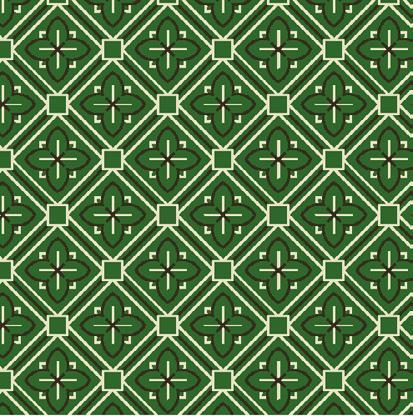
Why are we here? How should we live our lives? What happens when we die? Throughout history, God has sent Teachers to help us answer these kinds of questions. Like Jesus, Buddha, Muhammad, and other Messengers of God before Him, Bahá’u’lláh brought divine teachings for our age. The religion He founded, the Bahá’í Faith, offers a message of peace, unity, and hope.
Bahá’u’lláh was named Mírzá Husayn-‘Alí when He was born in Tihrán, Persia (now Iran), in 1817. As a child of a wealthy nobleman, He didn’t attend school, yet He was remarkably wise and could talk about difficult religious teachings with Muslim leaders. “Bahá’u’lláh,” the title He would later take, means “Glory of God” in Arabic.
Bahá’u’lláh was always kind and generous. As a young man, He was offered an important job in the government, but He didn’t accept it. Instead, He chose to share His time and money with those in need. People called Him “Father of the Poor.”
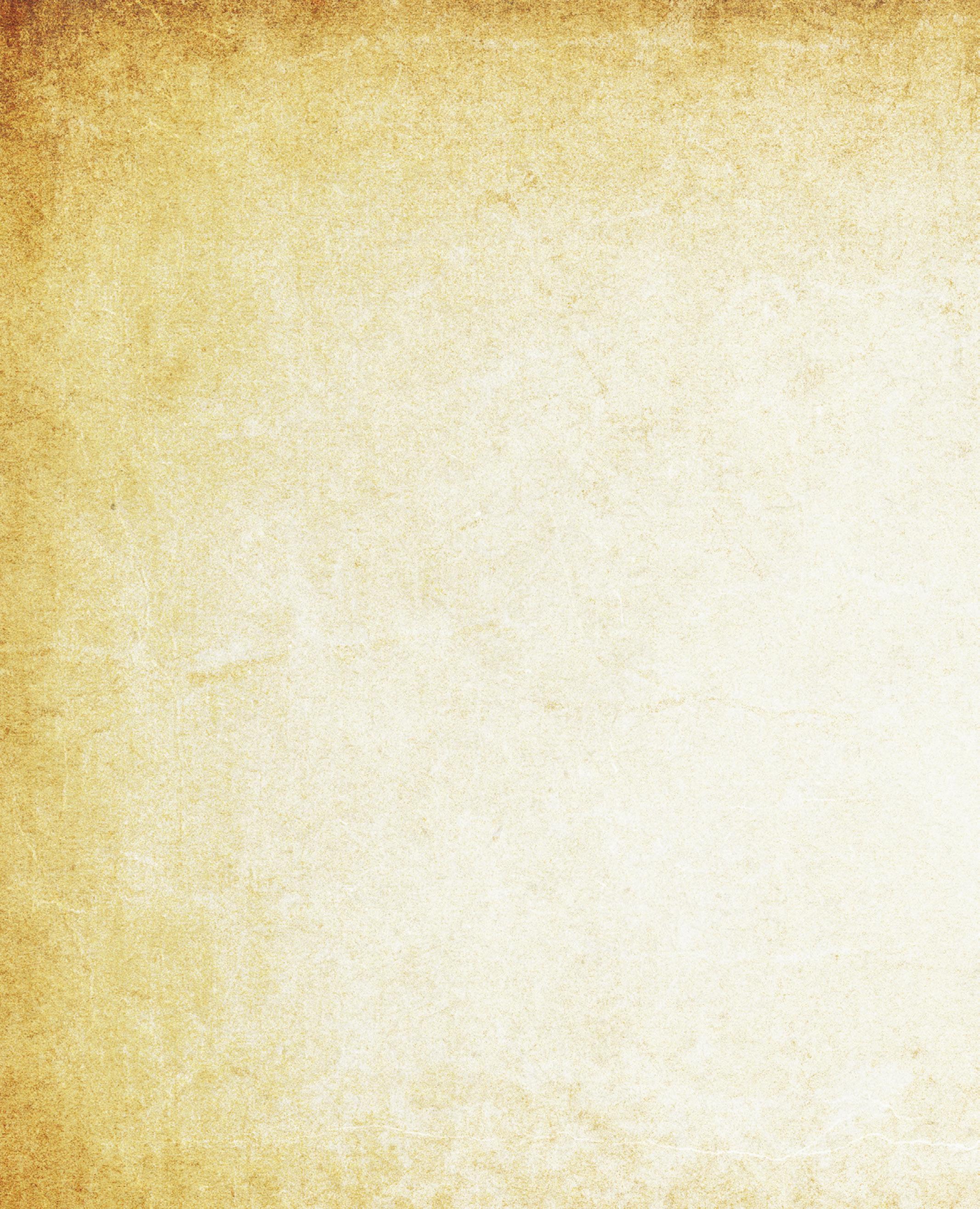
Vision in a Dungeon When He was 27, Bahá’u’lláh became a follower of a new Messenger of God known as the Báb, Whose name means “the Gate.” The Báb taught that another Messenger would soon come to bring unity to the world.
Islamic authorities wanted to stop the Báb and His teachings. They executed Him in 1850. His followers, called Bábís, were persecuted terribly. More than 20,000 were killed.
In 1852, Bahá’u’lláh was put in heavy chains and thrown into a dungeon called the “Black Pit” with other Bábís. Each day, a Bábí was pulled from the dungeon, tortured, and executed. Bahá’u’lláh’s family feared He would be killed. Their home was ransacked, and they were forced to flee.
Bahá’u’lláh spent four months in the filthy, vermin-infested Black Pit. Even in these miserable conditions, Bahá’u’lláh’s spirit soared. It was during this time that He had a mystical experience that would change His life. He saw a vision of a radiant maiden, who called Bahá’u’lláh the “BestBeloved of the worlds.” He later wrote that “the breezes of the All-Glorious were wafted over Me, and taught Me the knowledge of all that hath been.” After this vision, Bahá’u’lláh began to reveal holy writings.
Unstoppable Mission When He was released from prison, Bahá’u’lláh was banished from His homeland. He went to Baghdád, Iraq. Still, He continued to share His message of unity. He taught that the human race is one family and religion should bring peace, not war. He called on all people to work for the betterment of the world.
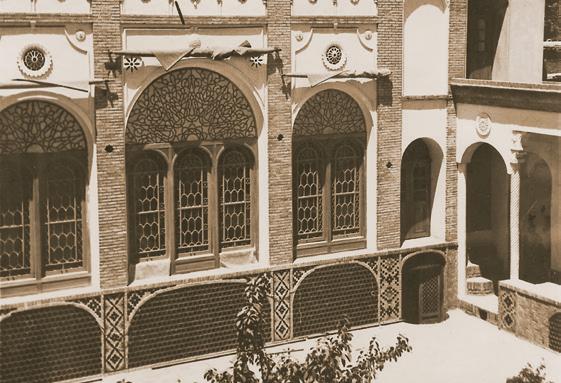
November 12,1817
Birth of Bahá’u’lláh in Tihrán, Iran. His home in Tihrán is shown here.
1844
Recognizes the Báb as a new Messenger of God


1852
Imprisonment in the “Black Pit” of Tihrán. The “X” marks the site of the prison.
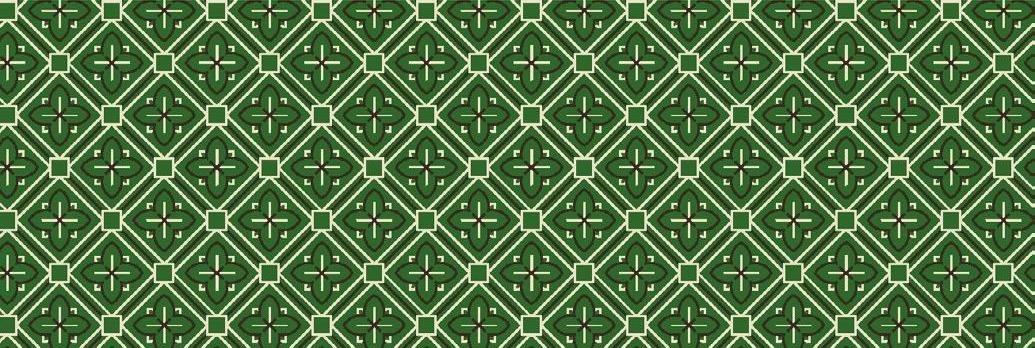
1853–1863
Exile in Baghdád, Iraq. From 1854–1856, He goes into the mountains to pray in solitude.
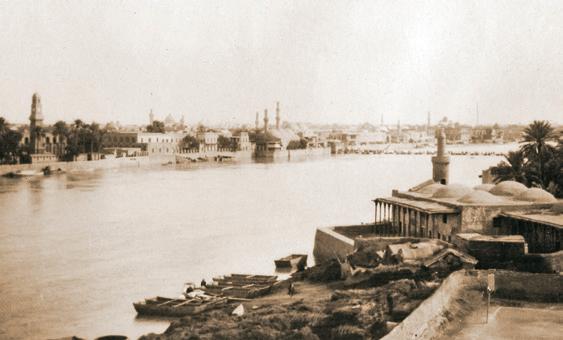
April 1863
Declares Divine Mission as Prophet-Founder of the Bahá’í Faith
“All men have been created to carry forward an ever-advancing civilization,” He wrote. In time, He announced that He was the Messenger of God Whom the Báb had foretold.
For the rest of His life, Bahá’u’lláh lived in exile or imprisonment in what are now Iraq, Turkey, and Israel. His family shared in His sufferings. At times, they endured strenuous journeys, had very little food, lived in cramped quarters, and faced prejudice and hostility from those around them. The authorities thought that by sending Bahá’u’lláh away, they could stop His teachings from spreading.
But Bahá’u’lláh’s divine mission for a peaceful world was unstoppable. His exiles only carried the seeds of His Faith even farther. Bahá’u’lláh wrote more than 100 volumes of letters, tablets, and books. When He passed away in 1892, He left a written will naming His eldest son, ‘Abdu’l-Bahá, as leader of the Bahá’í Faith.

At right is Arabic calligraphy meaning “Yá Bahá’u’l-Abhá” or “O Thou Glory of the Most Glorious!” It refers to Bahá’u’lláh.


Making a Vision Real Bahá’u’lláh’s writings, along with those of the Báb and ‘Abdu’l-Bahá, make up the sacred Bahá’í scriptures. The Bahá’í writings also include the words of Shoghi Effendi, ‘Abdu’l-Bahá’s grandson, who led the Faith after his passing, and the Universal House of Justice, the elected council that guides the Faith today.
More than five million Bahá’ís throughout the world strive to make Bahá’u’lláh’s vision of one unified world a reality. They will celebrate the 200th anniversary of Bahá’u’lláh’s birth in 2017, and of the Báb’s birth in 2019. These twin holy days will, in the words of the House of Justice, honor “those divine Figures Who set in motion an irresistible process of individual and social change.”
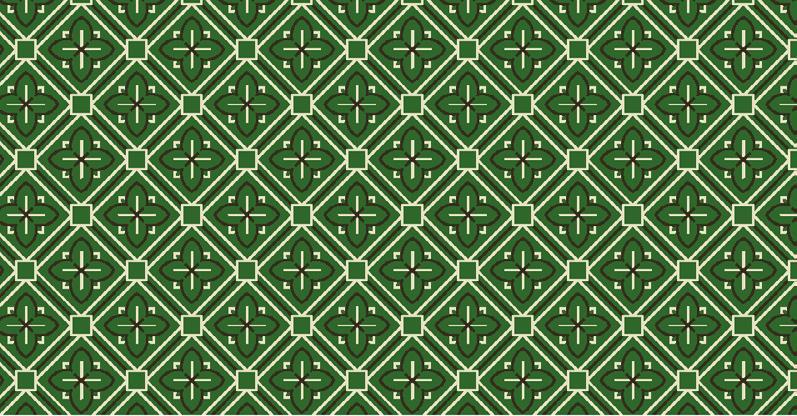
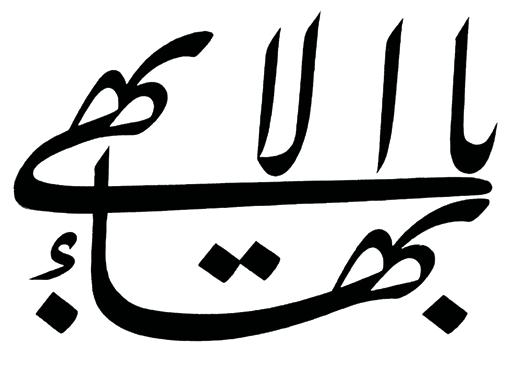
Bahá’u’lláh’s Message of Peace Bahá’u’lláh shared these teachings about building peace. Imagine what the world will be like when these principles are widely practiced. • We are one human family • The world’s religions are from one God • Prejudice must end • Women and men are equal • Education for all • Economic justice • Harmony of science and religion
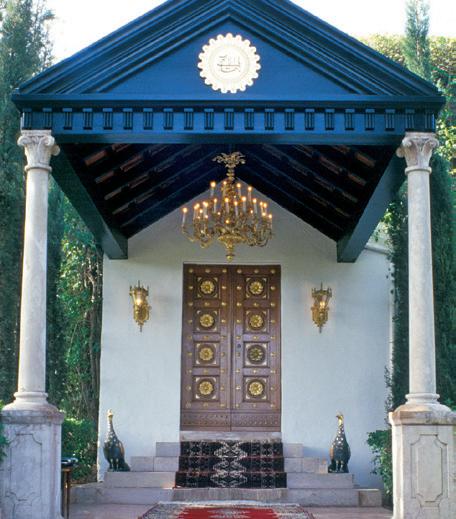
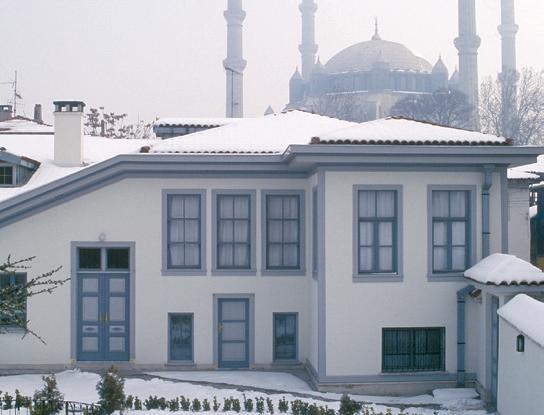
1863–1868
Exile in Constantinople (Istanbul), then Adrianople (Edirne), Turkey, where He lives in this home for one year. He begins writing to kings and rulers in 1867, urging unity.
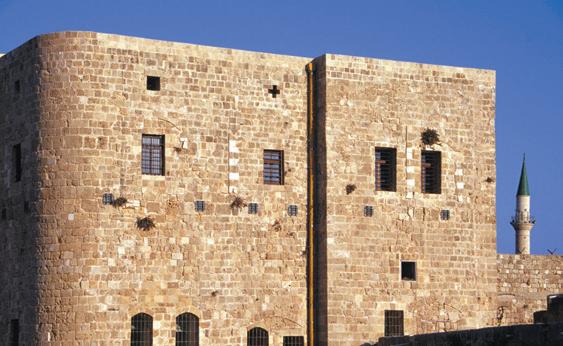
1868
Last exile to prison-city of ‘Akka, Israel. After nine years, He is able to live in the countryside homes of Mazra‘ih and then Bahjí, outside ‘Akka.

May 29, 1892
Bahá’u’lláh passes away and is laid to rest in this shrine at Bahjí, in Israel.
October 22, 2017
Global community honors 200th anniversary of Bahá’u’lláh’s birth.



